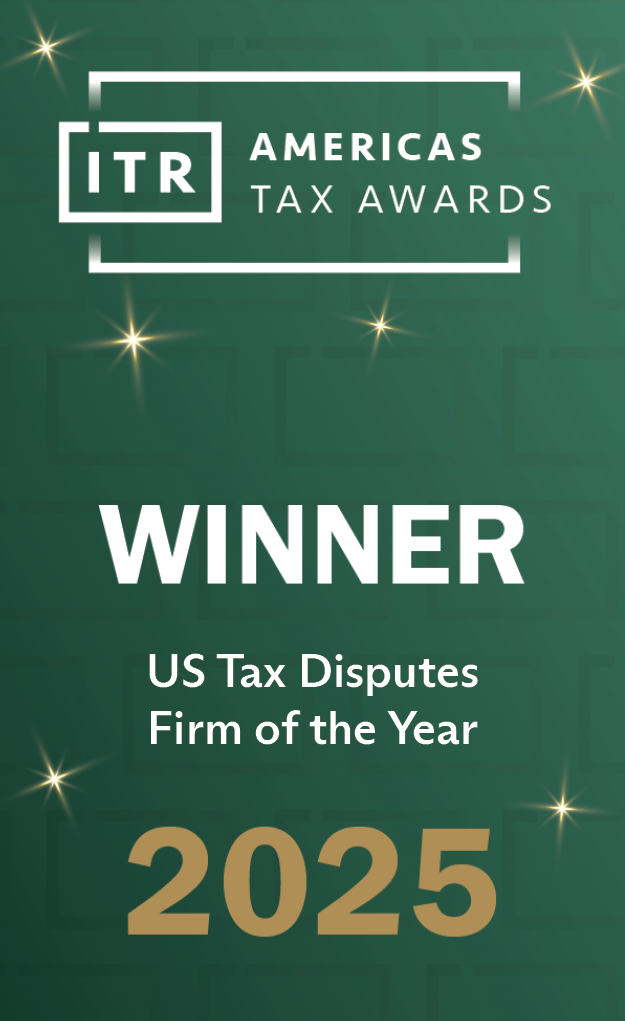In a memorandum dated April 19, 2022, the Internal Revenue Service’s (IRS) Independent Office of Appeals (IRS Appeals) acknowledged that it has a large backlog of cases that is slowing down the process of resolving cases with taxpayers. In the memorandum, IRS Appeals details its multipoint plan to get back on track. Apparently, there is a “significant inventory” of cases docketed in the US Tax Court that have been referred back to IRS Appeals. To solve this problem, IRS Appeals is:
- Dedicating additional resources to work these cases
- Prioritizing docketed casework
- Making faster initial contact with the taxpayer or their representative by telephone shortly after the case is filed in the Tax Court
- Applying streamlined case processing, such as specific dollar settlements, expedited tax computation requests and the use of Form 5402, Appeals Settlement Memorandum, to document settlements
- Resolving cases without an IRS Appeals conference for matters that result from pandemic miscommunication rather than actual tax disputes
- Obviating an actual trial to develop the facts and instead relying on oral statements to resolve cases more efficiently.
All of the above measures are welcome developments. Timely first contact with taxpayers and streamlined case processing should result in faster settlements and closure of matters while reducing interest expenses for taxpayers with deficiencies. Acknowledging that the controversy stems from a pandemic miscommunication (e.g., the IRS not processing or responding to taxpayer submissions before issuing a notice of deficiency) should eliminate unnecessary conferences and promote the dismissal of matters that never should have ended up before the Tax Court.
The acceptance of oral statements should also help resolve matters faster. In many situations, the documents necessary to substantiate a position may not be available or there may not be any documents in the first instance, so the only way to prove a factual point is through oral testimony. IRS Appeals should also consider declarations or affidavits signed under penalties of perjury as an appropriate means for substantiating facts to resolve cases more efficiently. Indeed, the use of such written statements is commonplace in litigation when parties seek summary adjudication.
We have discussed IRS Appeals numerous times on this blog. It remains one of the best forums to resolve tax disputes with the IRS and avoid court, meaning a substantial slow down at IRS Appeals is a real problem for taxpayers who cannot come to an agreement with an IRS examination team.
Practice Point: We applaud the IRS’s attempt to break the bottleneck at IRS Appeals. The measures that IRS Appeals is employing seem reasonable and appropriate and most of them should be employed even after IRS Appeals becomes updated on its caseload. In the meantime, if you have a case that will go to IRS Appeals, consider trying to expedite your appeal by requesting the 30-day letter as soon as it becomes clear you will be having an unagreed-case.







